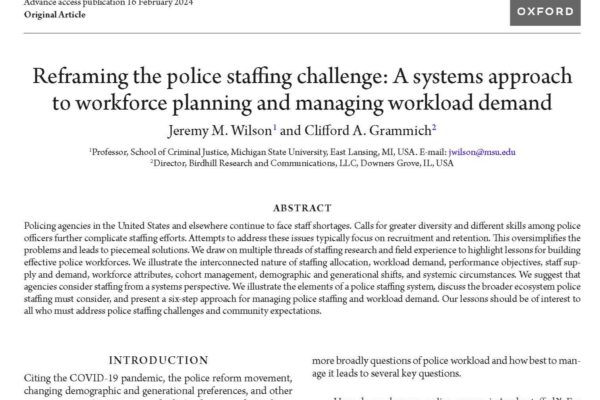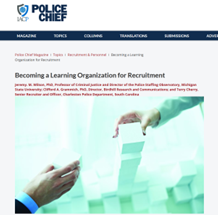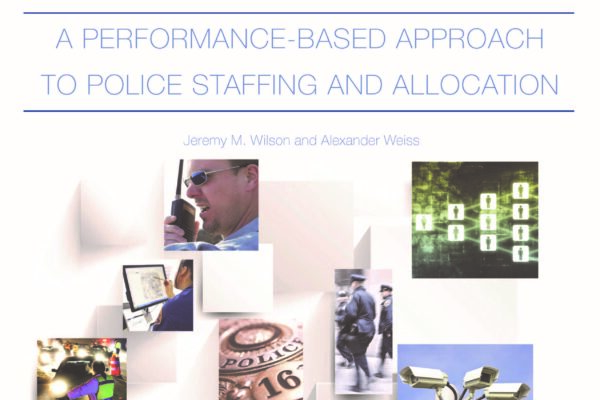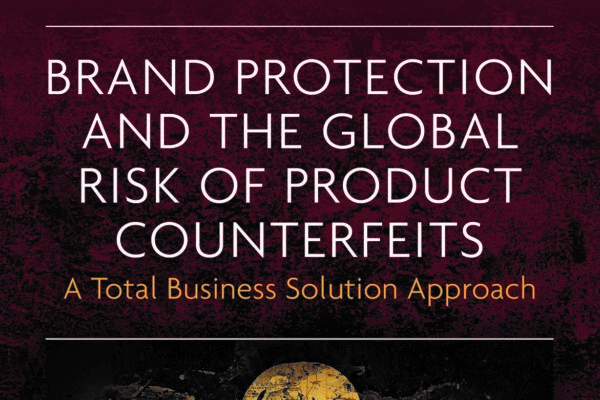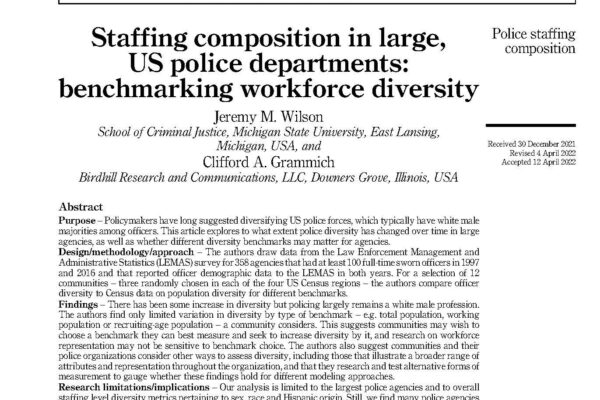The 2017 A-CAPP Center Brand Protection Strategy Summit: Issues and Best Practices in Partnerships, Return on Investment, and E-Commerce. Center for Anti-Counterfeiting and Product Protection Paper Series. East Lansing, MI: Michigan State University, 2018.
This proceedings report reviews discussions that occurred as part of the Michigan State University Center for Anti-Counterfeiting and Product Protection Brand Protection Strategy Summit in October, 2017. Read More

